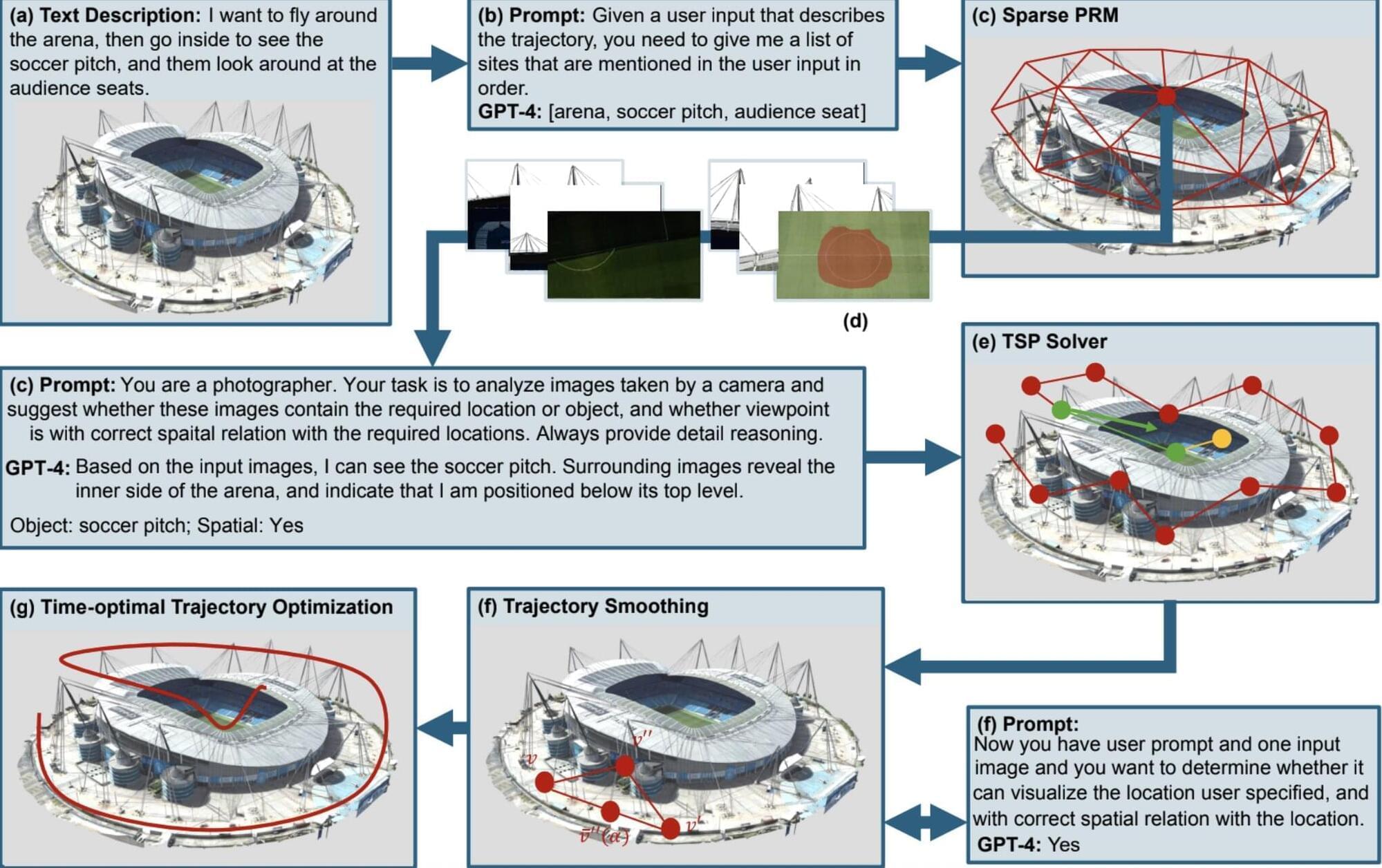Go to https://ground.news/sabine to get 40% off the Vantage plan and see through sensationalized reporting. Stay fully informed on events around the world with Ground News.
Over the past few decades, the idea that gravity is not a fundamental interaction but is instead caused by the increase of entropy has become increasingly popular in the world of physics. Today, we have a paper from a group of physicists who claim that entropic gravity might be the result of space being full of qubits. Let’s take a look.
Paper: https://journals.aps.org/prx/abstract… Check out my new quiz app ➜ http://quizwithit.com/ 📚 Buy my book ➜ https://amzn.to/3HSAWJW 💌 Support me on Donorbox ➜ https://donorbox.org/swtg 📝 Transcripts and written news on Substack ➜ https://sciencewtg.substack.com/ 👉 Transcript with links to references on Patreon ➜ / sabine 📩 Free weekly science newsletter ➜ https://sabinehossenfelder.com/newsle… 👂 Audio only podcast ➜ https://open.spotify.com/show/0MkNfXl… 🔗 Join this channel to get access to perks ➜
/ @sabinehossenfelder #science #sciencenews #physics #gravity.
🤓 Check out my new quiz app ➜ http://quizwithit.com/
📚 Buy my book ➜ https://amzn.to/3HSAWJW
💌 Support me on Donorbox ➜ https://donorbox.org/swtg.
📝 Transcripts and written news on Substack ➜ https://sciencewtg.substack.com/
👉 Transcript with links to references on Patreon ➜ / sabine.
📩 Free weekly science newsletter ➜ https://sabinehossenfelder.com/newsle…
👂 Audio only podcast ➜ https://open.spotify.com/show/0MkNfXl…
🔗 Join this channel to get access to perks ➜
/ @sabinehossenfelder.
#science #sciencenews #physics #gravity
